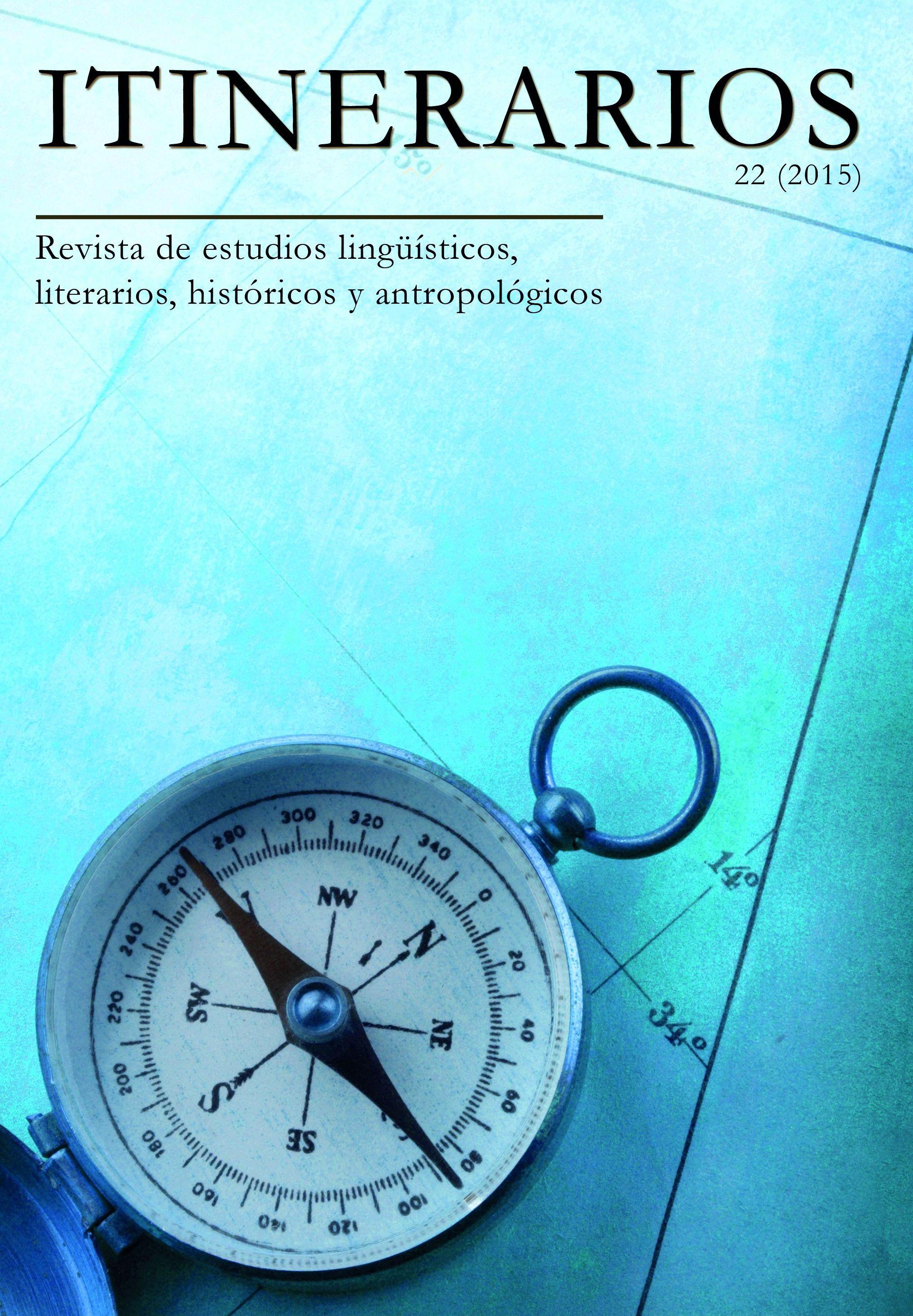Mujer y hombre como bases para la formación de palabras derivadas
Woman and man as the bases for derived words
Author(s): Danuta KucałaSubject(s): Language and Literature Studies
Published by: Instytut Studiów Iberyjskich i Iberoamerykańskich, Wydział Neofilologii, Uniwersytet Warszawski
Keywords: Spanish language; Polish language; word formation; derivatives; syntagmatic compounds
Summary/Abstract: When an observer or investigator looks attentively at the words-bases in the process of word formation, he can notice the difference in the number of their derivatives. It is the case of the words we refer to in the title of this paper. We do not think only about the opposition between female / male but also about the reference of the word woman in Spanish which, is limited in comparison with man. We suppose that’s the reason of greater productivity of the first of the quoted words, which has derivatives and syntagmatic compounds of different kinds (as, e.g. mujeriego, mujeril or mujerona), while it is not the case of the second word (e.g. hombracho, hombruno). It is also interesting to observe how these derivatives change their reference as to gender (as, for example, mujeriego which refers to man and hombruno as a possible qualification of a woman). As the years go by, some of these derivatives or compounds became obsolete, while new forms appear, which reflect the changes in the social life (e.g. mujer de negocios/business woman). Finally, the comparison with their Polish equivalents allows to see the interdependence between the form (as it can be seen in the word mężczyzna /man/ in Polish) or the reference of a word – base (as in hombre /man/ in Spanish) and the number of its derivatives.
Journal: Itinerarios
- Issue Year: 2015
- Issue No: 22
- Page Range: 49-60
- Page Count: 12
- Language: Spanish

